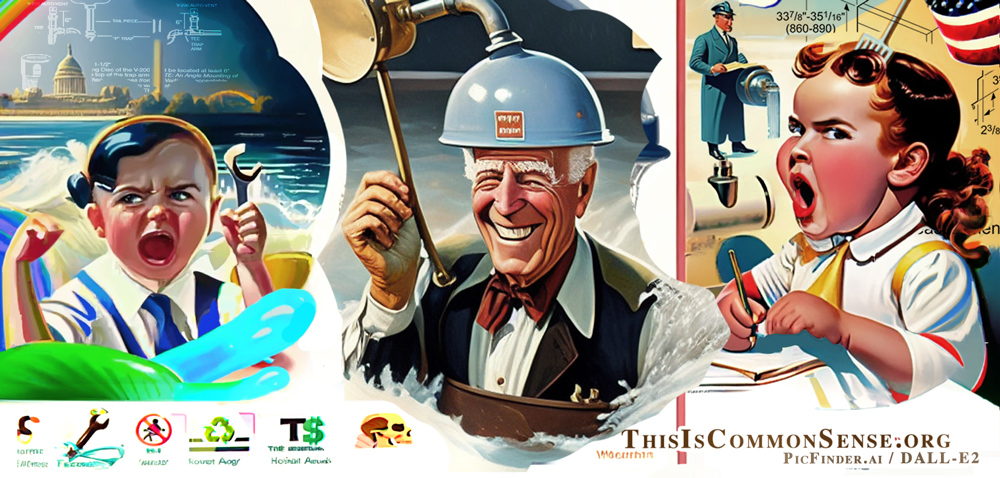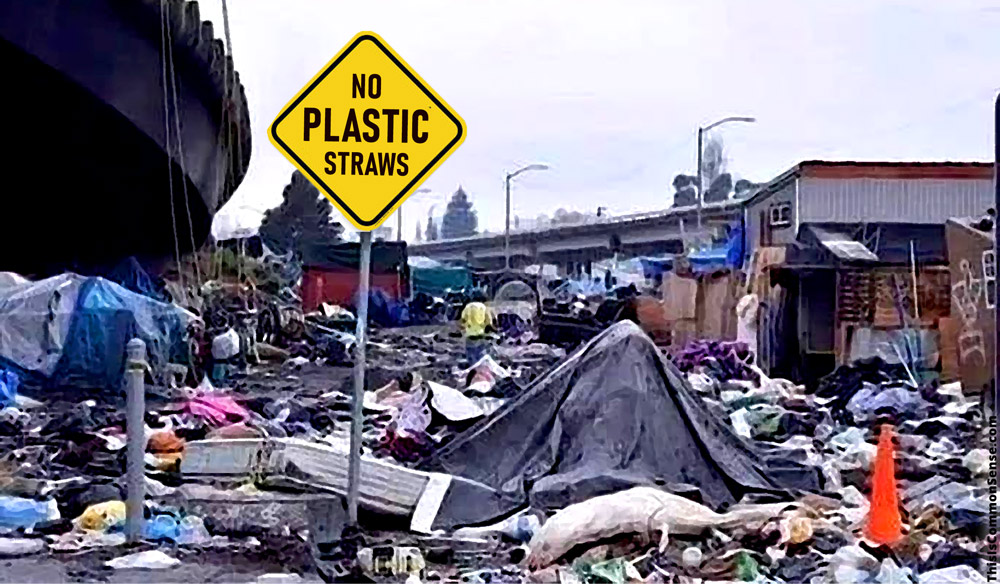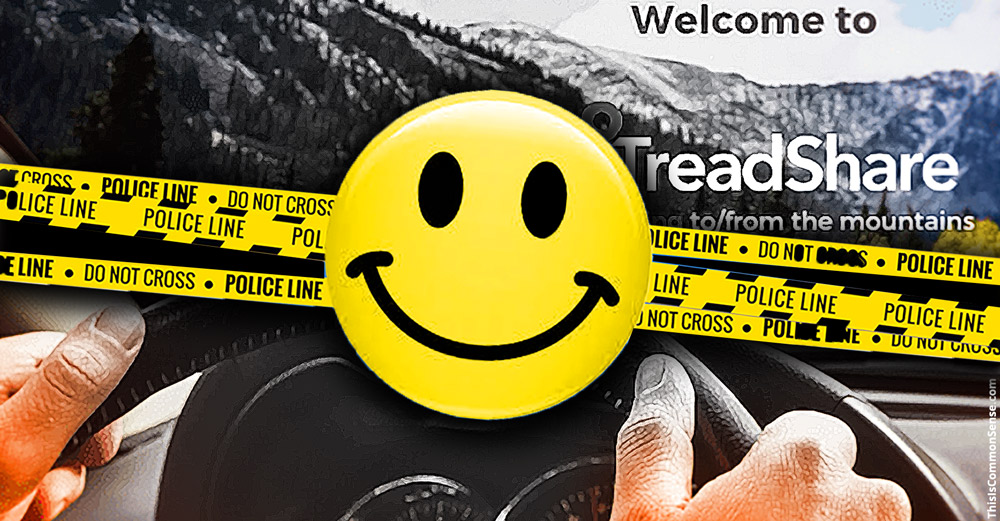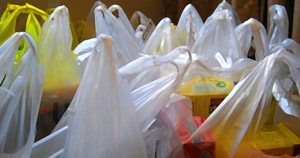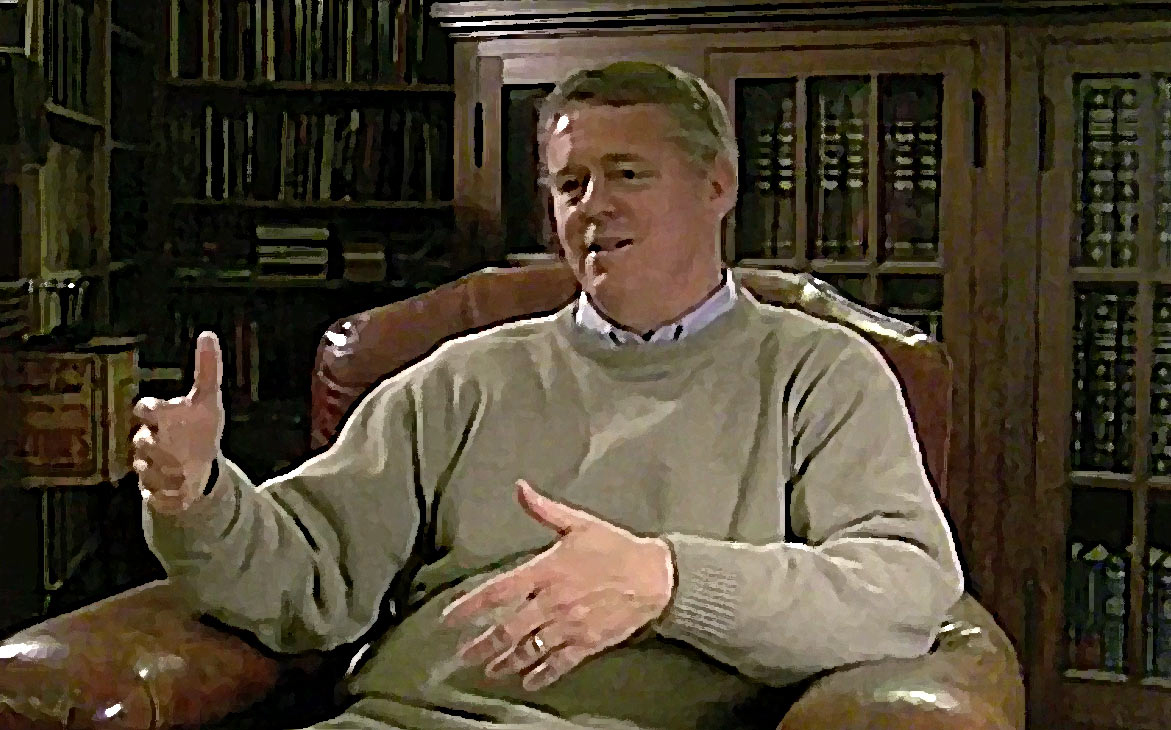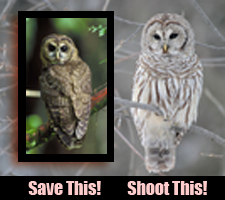The people who gave America the double- and triple-flush toilet have set their sights on our automatic dishwashers.
Well, that’s not quite right. It was Congress that gave us the regulations that turned our toilets into a nightmare of clogging and extra time with plungers and flush levers. I wrote about this nightmare for years, advising readers to “Flush Congress.”
Now it isn’t Congress directly, but “the White House” — and the Department of Energy in particular, according to a story in The Epoch Times. “The Administration is using all the tools at our disposal to save Americans money while promoting innovations that will reduce carbon pollution and combat the climate crisis,” states Secretary of Energy Jennifer Granholm.
She’s talking about new efficiency standards for power and water usage which the DOE insists will “cut energy use by 27 percent and water use by 34 percent in new conventional household dishwashers.”
But anyone who has endured the toilets that came out in the 1990s knows that these putatively well-intentioned schemes burst the pipes, so to speak, making a mess and a mockery of any concept of efficiency. The Biden is enthusiastically pushing the piety that intentions matter most in regulation — the If We Mandate It, It Shall Be philosophy. Yet,The Epoch Times contrasts the current administration with the previous: “Trump criticized the push to raise efficiency standards, arguing that they made some appliances work less effectively and so were counterproductive” . . . and then mentions the multiple flushes of toilets that I cannot help but remember.
Trump’s surely right; The Biden’s surely wrong. And the ultimate result will be to raise the costs of appliances, thus hitting the poor hardest.
This is Common Sense. I’m Paul Jacob.
Illustration created with PicFinder.ai and DALL-E2
—
See all recent commentary
(simplified and organized)
